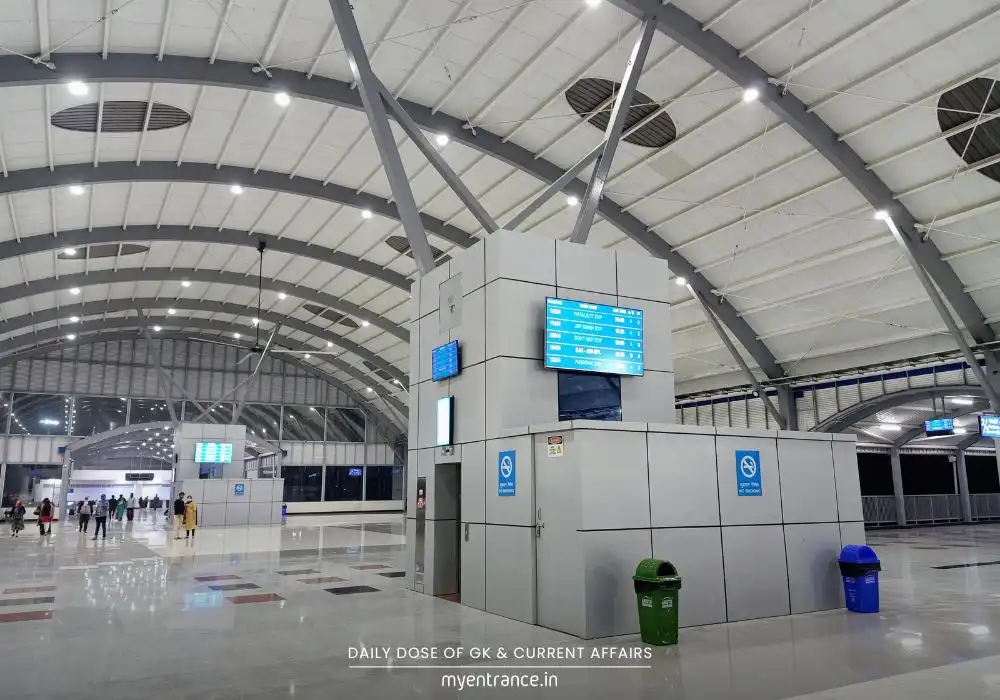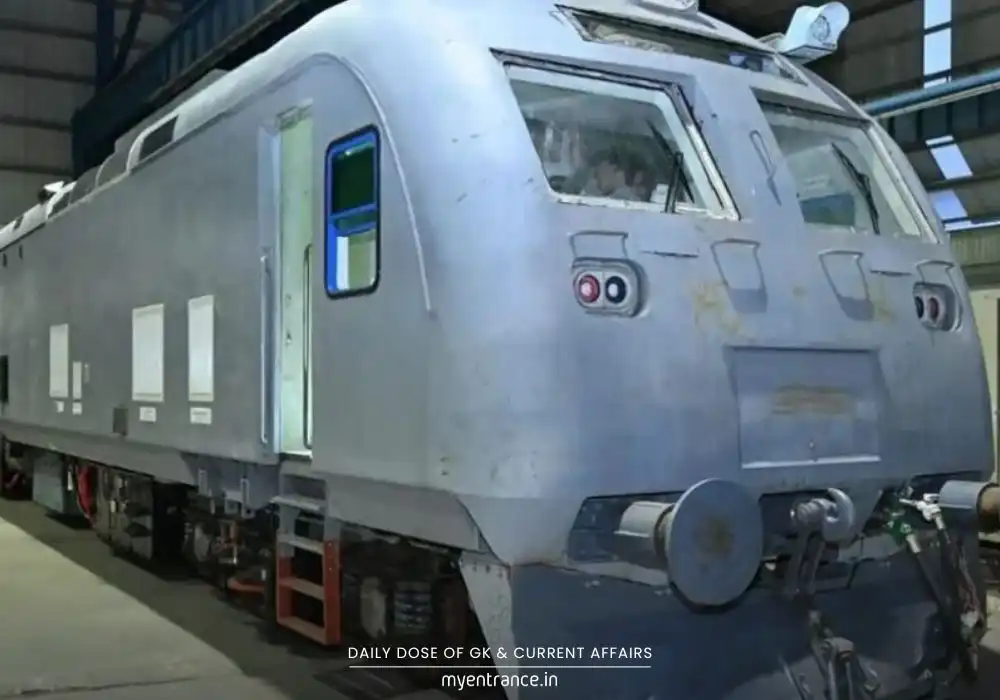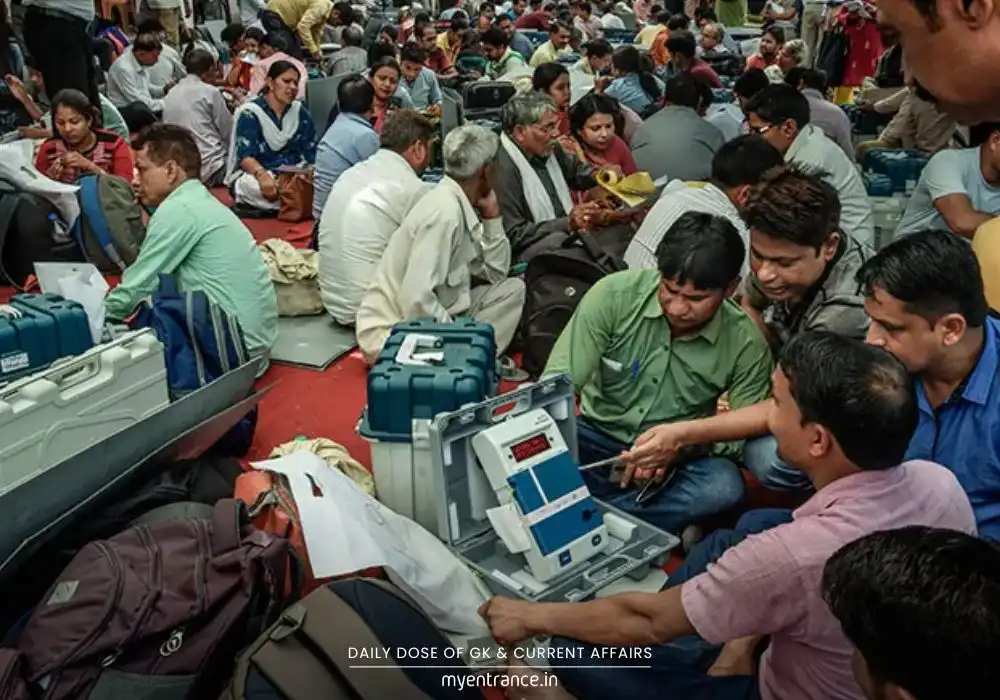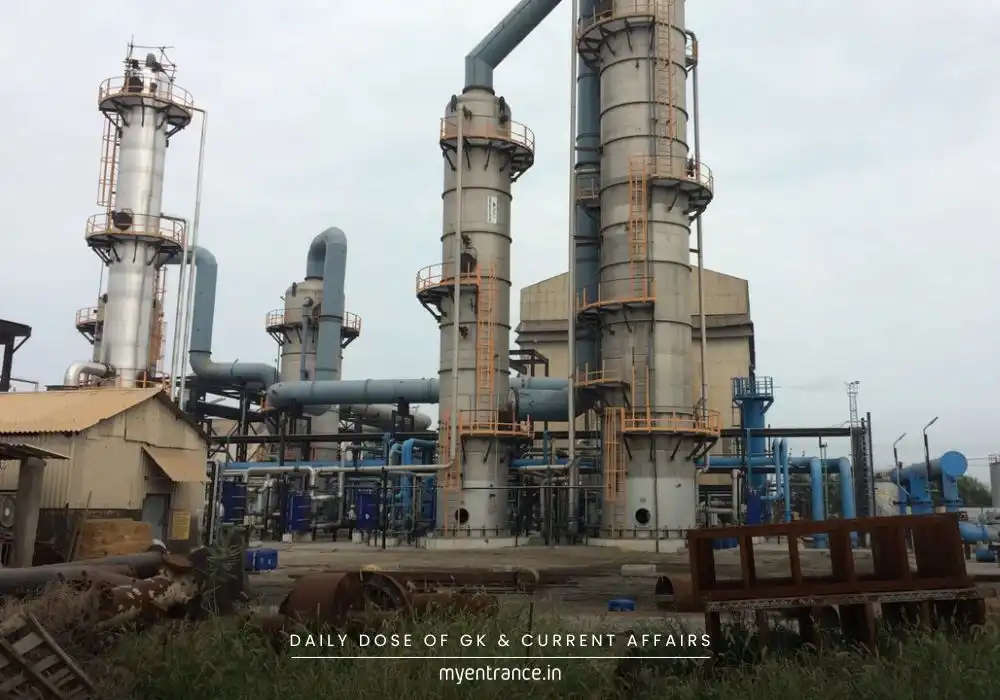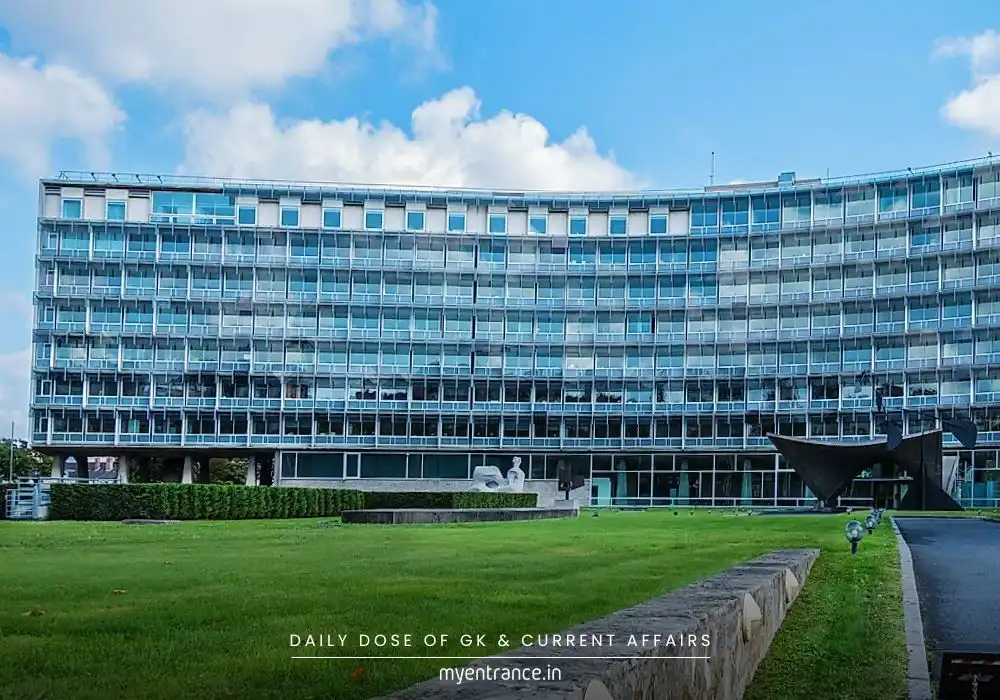Translate Language
Why is Japan Considering a New Nuclear Reactor After the Fukushima Disaster?
Japan is taking a historic step toward constructing its first new nuclear reactor since the Fukushima disaster. Kansai Electric has announced geological studies for a possible replacement reactor at the Mihama plant. This signals a potential shift in Japan’s energy policy as it balances environmental goals with growing power demands.
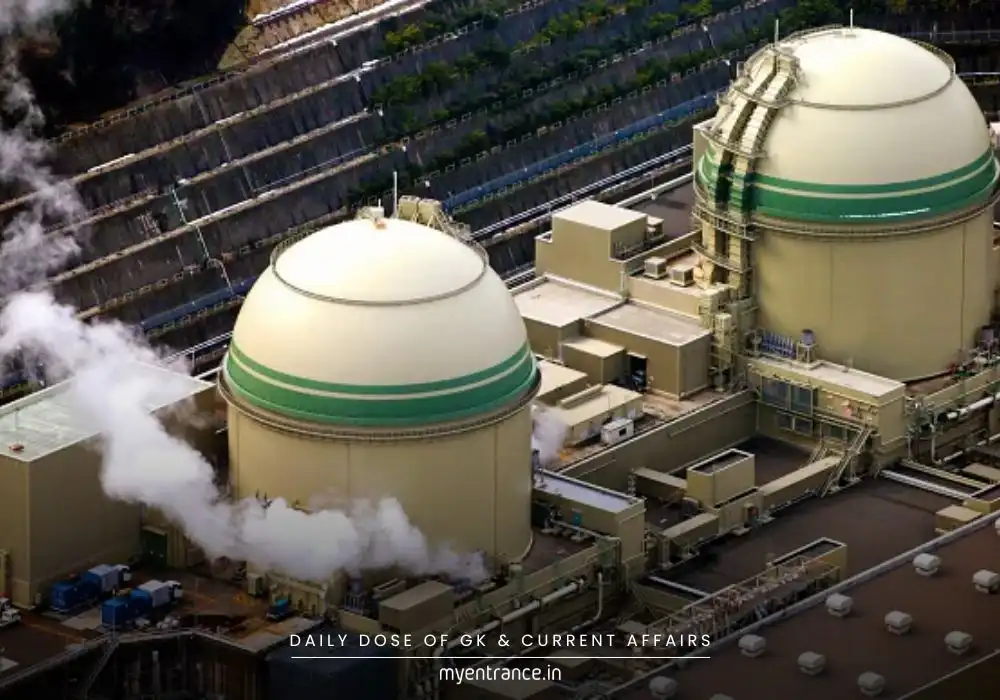
Japan’s Cautious Return to Nuclear Energy
The 2011 Fukushima Daiichi disaster, triggered by a devastating tsunami, led to Japan shutting down all its nuclear reactors. Public trust in nuclear energy plummeted, forcing the government to rethink its energy policies.
However, Japan’s reliance on imported fossil fuels and its commitment to carbon neutrality by 2050 have reignited discussions on nuclear power. With rising electricity demands—especially from AI and data centers—nuclear energy is back on the table as a stable, low-carbon solution.
Kansai Electric’s Bold Move
Kansai Electric’s proposal to study a new reactor at Mihama marks a major shift. The company’s president, Nozomu Mori, emphasized that nuclear power must play a role in Japan’s energy future due to limited natural resources.
Key points:
The project could take up to 20 years and cost $6.8 billion.
This is Japan’s first serious consideration of new nuclear construction since Fukushima.
The move aligns with Japan’s long-term strategy for energy security and decarbonization.
Japan’s Changing Stance on Nuclear Power
Post-Fukushima, public protests and safety concerns dominated Japan’s energy discourse. But with energy shortages and climate goals, attitudes are shifting.
The government is restarting existing reactors after safety upgrades.
Nuclear power is seen as critical for achieving carbon neutrality.
While opposition remains, the push for reliable, clean energy is gaining momentum.
What’s Next for Japan’s Energy Future?
The Mihama reactor study is just the beginning. Japan’s energy future will likely include:
A mix of nuclear, renewables, and fossil fuels.
Strict safety measures to regain public trust.
Long-term investments in next-generation nuclear technology.
While challenges remain, Japan’s cautious approach suggests nuclear power could be a key player in its energy transition.
Key Questions & Answers (FAQs)
Q1: Why is Japan considering a new nuclear reactor after Fukushima?
*A1: Rising energy demands, reliance on imported fuels, and climate goals are pushing Japan to reconsider nuclear power as a stable, low-carbon energy source.*
Q2: How long will it take to build the new reactor?
A2: Experts estimate it could take up to 20 years due to safety checks, regulatory approvals, and construction delays.
Q3: What are the risks of Japan returning to nuclear energy?
A3: Public distrust, potential safety issues, and high costs remain concerns, but stricter regulations aim to minimize risks.
Q4: How does nuclear energy help Japan’s climate goals?
A4: Nuclear power produces minimal greenhouse gases, making it crucial for Japan’s 2050 carbon neutrality target.
Q5: Will Japan build more reactors in the future?
A5: If the Mihama project succeeds, Japan may expand nuclear power, but public opinion and safety will play a major role.
Why is This Important for Competitive Exams?
This topic is crucial for exams like UPSC, SSC, PSC, and KAS because:
It relates to energy security, climate policies, and technological advancements.
Questions on Japan’s post-Fukushima energy strategy often appear in international affairs sections.
Understanding nuclear energy’s role in decarbonization helps in essays and interviews.
For students preparing for entrance exams, staying updated on global energy trends enhances their general knowledge and analytical skills.
Get 3 Months Free Access for SSC, PSC, NIFT & NID
Boost your exam prep!
Use offer code WELCOME28 to get 3 months free subscription. Start preparing today!
